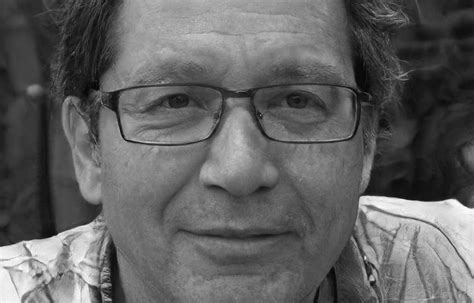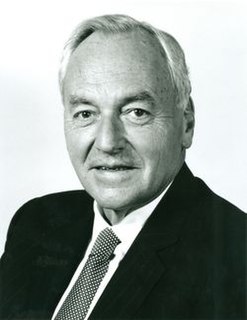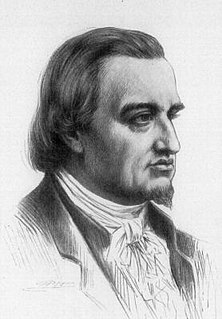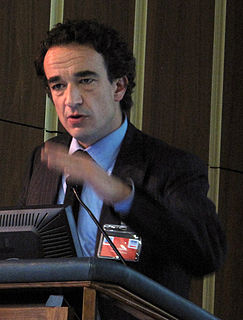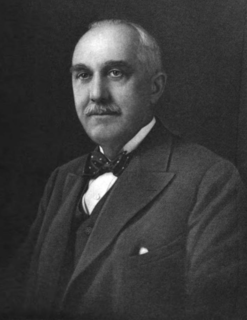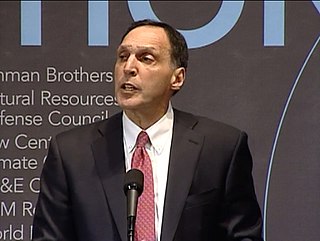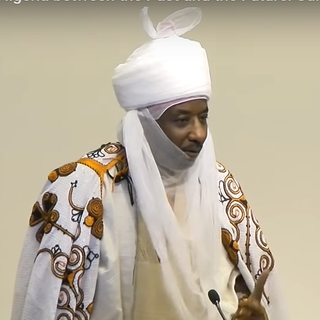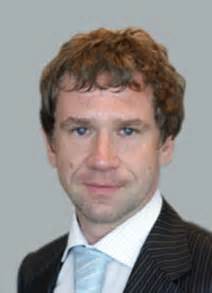A Quote by Christine Jennings
That to me was one of the most exciting, and weird puzzles of this book: how are the most religious people and the least religious people of their time all drawn to very similar visions of utopia?
Related Quotes
No, I'm not religious, I'm sorry to say. But I was once and shall be again. There is no time now to be religious." "No time. Does it need time to be religious?" "Oh, yes. To be religious you must have time and, even more, independence of time. You can't be religious in earnest and at the same time live in actual things and still take them seriously, time and money and the Odéon Bar and all that.
It is at least scientifically respectable to postulate that at the centre of a black hole the laws of nature no longer apply. Since most scientists are just a bit religious and most religious are seldom wholly unscientific we find humanity in a comical position. His scientific intellect believes in the possibility of miracles inside a black hole while his religious intellect believes in them outside it.
In my formative years the people who influenced me most were the Christian existentialists, I mean men like Munier and Kierkegaard and perhaps most of all Nicholas Berdyaev and in my travels I looked for one thing more than anything. I rarely discussed, probably mainly because of language difficulties, metaphysics with the various religious people of other groups I'd meet with. But I'd very much try to see how they were incarnated, how their particular soul was incarnated or took roots into reality.
Most religious people in America fully embrace science. So the argument that religion has some issue with science applies to a small fraction of those who declare that they are religious. They just happen to be a very vocal fraction, so you got the impression that there are more of them than there actually is.
I believe that God is the source of all the universal, timeless principles. And to Him, I give all the credit and the glory. However, to a person who is not religious, I believe they can live to the highest level of their conscience and develop spiritual intelligence that surpasses most people, including many religious people, who profess but do not practice.
Let me say that I don't see any conflict between science and religion. I go to church as many other scientists do. I share with most religious people a sense of mystery and wonder at the universe and I want to participate in religious ritual and practices because they're something that all humans can share.






